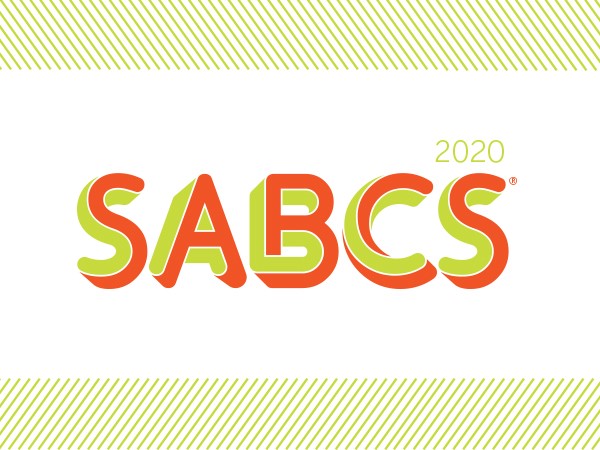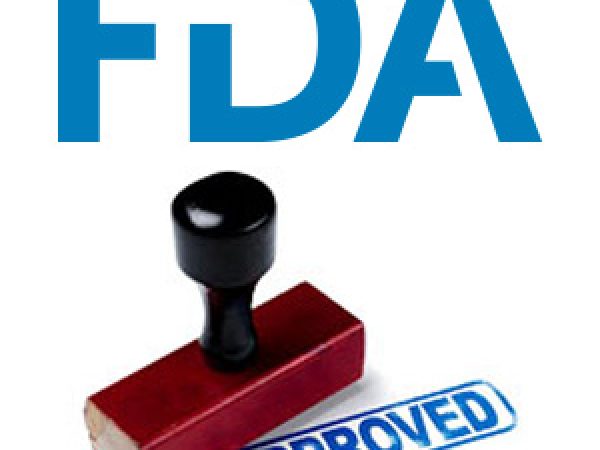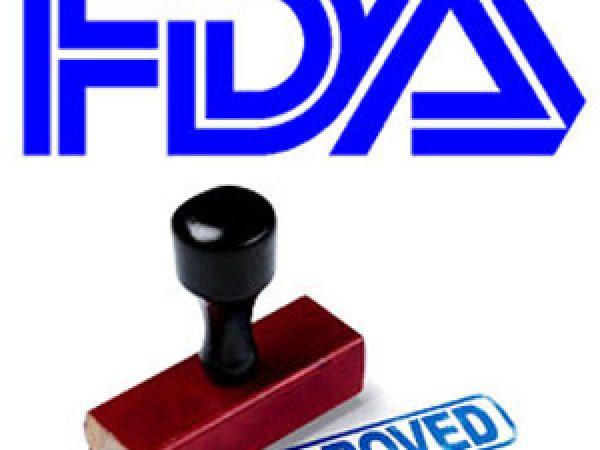AACR Virtual Annual Meeting I: The Opening Session
In an extraordinary turn of events, the American Association for Cancer Research (AACR) Annual Meeting 2020 kicked off Monday morning in an all-virtual format. All around the globe, cancer researchers, health care professionals, members of the pharmaceutical industry, investors, policymakers, cancer survivors, advocates, and media representatives logged on from the privacy of their own homes. More than 54,000 people have registered for the two-day meeting, which is freely available to all those who register. Virtual Meeting II will take place June 22-24.
In the meeting’s Opening Session, AACR President Elaine R. Mardis, PhD, reflected on the AACR’s timely transformation of its signature event, originally slated for April 24-29 in San Diego.
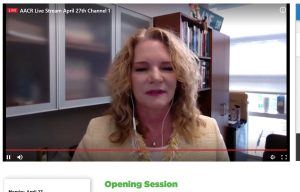
“It is hard to believe that only a few weeks ago, we were planning what would have been the largest ever AACR Annual Meeting, with more than 7,400 proffered papers, and a projected total of about 24,000 delegates from 80 countries,” Mardis said. “The rapid escalation of the COVID-19 pandemic made it necessary for the AACR Board of Directors to terminate that meeting. While we were saddened to make this difficult decision, we know that it was absolutely the correct one. The health and safety of everyone who was planning to attend the AACR Annual Meeting 2020 and the patients and communities they serve are the AACR’s highest priorities.”
The COVID-19 pandemic has had a far-reaching effect on cancer patients and researchers, and as such, it will be the focus of two sessions during Virtual Annual Meeting I. On Tuesday at 9 a.m. Eastern time, Ribas will chair a session featuring physicians and researchers from China, Italy, France, Spain, and New York City, who will discuss some of the earliest research on how cancer patients have fared during the virus outbreak. At 5 p.m. Eastern time on Tuesday, Dinah S. Singer, PhD, from the Center for Cancer Research at the National Cancer Institute (NCI) will discuss how the NCI is responding to funding challenges for cancer researchers in light of the pandemic.
Adding sessions on the coronavirus was important, as the virus had an immediate impact on the care and well-being of cancer patients around the world, said Annual Meeting Program Chair Antoni Ribas, MD, PhD.
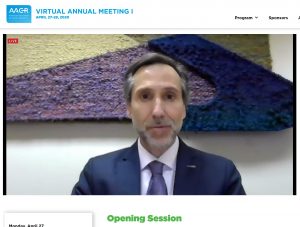
“The COVID-19 pandemic has radically altered the lives of everyone around the world. For patients with cancer and those who treat them and care for them, it is a daunting new complication to what is already a complex medical situation,” he said. Mardis and Ribas expressed gratitude to the frontline health care workers who are treating coronavirus patients, noting that many AACR members are included in those ranks.
Virtual Annual Meeting I will also feature the results of approximately 40 clinical trials. Meeting organizers opted to release clinical trial data in the first phase of the meeting to ensure timely dissemination of results that could soon improve outcomes for cancer patients. By midday Monday, researchers had presented important data in trials of drugs aimed at treating lung cancer, breast cancer, and melanoma.
Other major areas of discussion in Virtual Annual Meeting I include genomics, tumor microenvironment, novel targets, drug discovery, therapeutics, immunotherapy, biomarkers, cancer prevention, and AACR Project GENIE. Mardis and Ribas noted that the depth of the scientific program reflects tireless efforts of the meeting’s Scientific Program Committee.
A transition in leadership
Each year, the Annual Meeting marks the transition from one AACR President to the next. At the AACR’s business meeting this week, Ribas will be inducted as AACR President for 2020-2021. During the Opening Session, Ribas praised Mardis for leading the AACR through the past year.
“Her forward-looking guidance has propelled the organization closer to its goal of preventing and curing all cancers at the earliest possible time, and I look forward to working with her during my term as President to ensure that the momentum is maintained,” Ribas said.
Mardis, meanwhile, extended thanks to the AACR’s more than 47,000 members, and to Margaret Foti, PhD, MD (hc), chief executive officer of the AACR.
“Marge’s passion and dedication to propelling the AACR rapidly forward to accelerate the pace of progress against cancer are unparalleled,” she said. “I also want to thank all the AACR members for giving me this amazing opportunity to lead an organization that encompasses the greatest minds in cancer research.”
The AACR is proud to present cutting-edge research in this new, dynamic format. Cancer Research Catalyst will be covering both days of Virtual Annual Meeting I. Please keep reading, and follow the Annual Meeting on Twitter at #AACR20.

